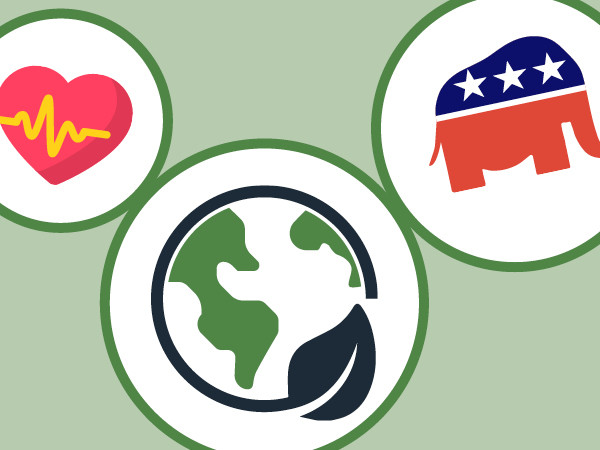
Soapbox: Miles Beale looks beyond duty
With the end of duty easement now nigh-on a certainty, in the second of our two-parter the WSTA’s Miles Beale swings the focus on to other major issues that lie ahead.
The salutary lesson looking forward is that, however important duty is, there are three things that will be more important in 2025. One is environmental policy, or green taxes. The next is health policy, which could be taxes of one description or another, or might come back to MUP, or restrictions on advertising and marketing. The last one is tariffs, which is a likely Trump 2.0 issue. So, we need to move on; we need to concentrate on what the next challenges are.
↓
On health
Wes Streeting has arrived at the Department of Health & Social Care and decided first and foremost to sort out the NHS and staffing issues – a priority I fully understand. But I think what he’s bound to come back to, at some point, is general public health and matters such as obesity. One of the fundamental issues for tackling obesity is consumer information and education. Consumers need to understand why they shouldn’t eat too many processed foods, why too much of some things, including alcohol, are not good for them, and what the risk levels are around certain things. The WHO is keen to advance the talk of ‘no safe level’, yet, as others have said, there is no safe level of anything, all activities carry a degree of risk. This can confuse consumers; it is far better to talk about risk, as seen in the UK chief medical officer’s low-risk guidelines. Consumers need to understand what’s in the product that they’re drinking, and how much or little they should be drinking, or at least the risks around this.
We are keen to explore a new partnership approach with government. I think the practical challenge for us is likely to be: ‘How can you, the alcoholic drinks industry in the UK, help the government improve the public health of UK citizens?’ Then we need some ideas and answers, and that might be a Responsibility Deal mark 2-type approach. (The original Responsibility Deal was launched in 2011 and was a voluntary deal between government, business and the public health community). And we have a few ideas, we can genuinely come to the table with something. But we’ve got to be asked, and that isn’t happening yet.
Another thing is community alcohol partnerships, which I spend a lot of time supporting. We’re trying to double their size and funding. Then there is underage drinking, which has fallen dramatically, but underage drinkers often get their alcohol from their parents, so some joint education of parents and their children together could work.
↓
Green issues
Environmental policy is an area where the WSTA can continue to lead, and on glass in particular, because so much is produced for our industry. But we need a larger group lobbying the government on extended producer responsibility (EPR – the new packaging regulations), because it’s just not ready yet. We don’t disagree with the principle, but we do think the government needs to involve the businesses and the sectors that are going to be impacted, not least because they will design a better system, practically, if given the chance. And it’s in our interest to make it more efficient, because obviously the costs are falling on us now. Persuading the government that this isn’t us trying to get rid of [EPR] is hard work, but very important. We have been calling for a delay to EPR for some time and I think the only way we’ll put the government in a position to listen is if there is enough of a critical mass – every major supermarket, every trade association – arguing that this needs to be delayed. I think that’s the number one issue for 2025 for our industry.
↓
Trump 2.0
I think it is highly likely that Donald Trump will slap tariffs back on all the things he did before… and although it had nothing to do with [the drinks trade], we were victims in battles over steel, aluminium and aeroplanes. Tariffs relating to the first two have been suspended until March 2025 and those to the WTO Boeing-Airbus dispute until July 2026. (Punitive tariffs on a range of UK and EU alcohol products, like wine, whisky and liqueurs, to the amount of 25%, could return in July 2026 if there is no agreement on the WTO Boeing-Airbus dispute. Meanwhile, EU retaliatory tariffs of 50% on US whiskey could also snap back if there is no EU-US agreement on the steel and aluminium trade dispute by March 2025.)
US import tariffs can result in damaging tit-for-tat measures, which undermine trade. We saw this when import tariffs were brought in on bourbon in response to US tariffs on EU wine. What we’re already saying to the UK government is, ‘don’t be a bystander’, get involved and get to know the new Trump administration, because they’re the ones you have to deal with for the next four years. So, we want something proactive.




